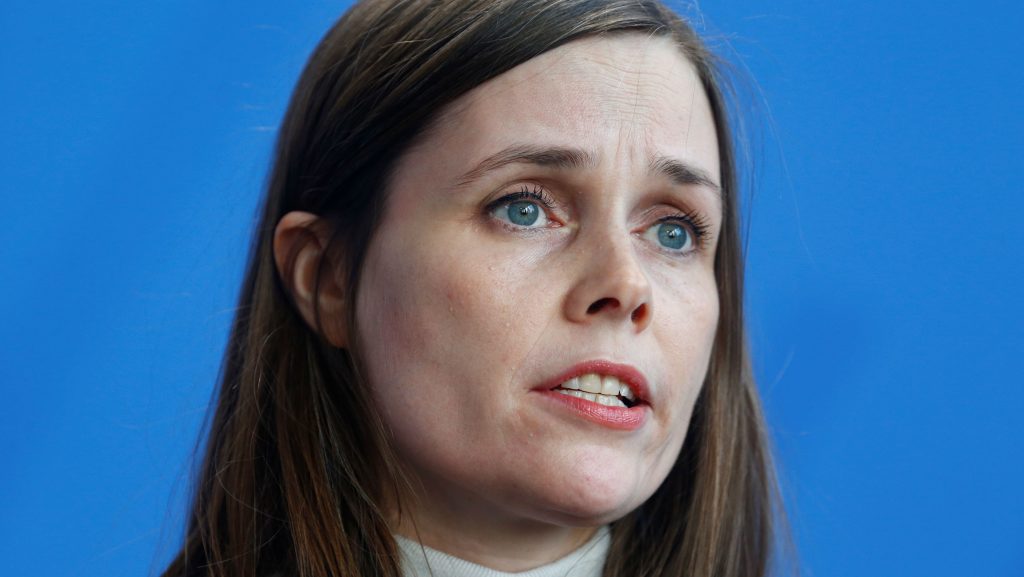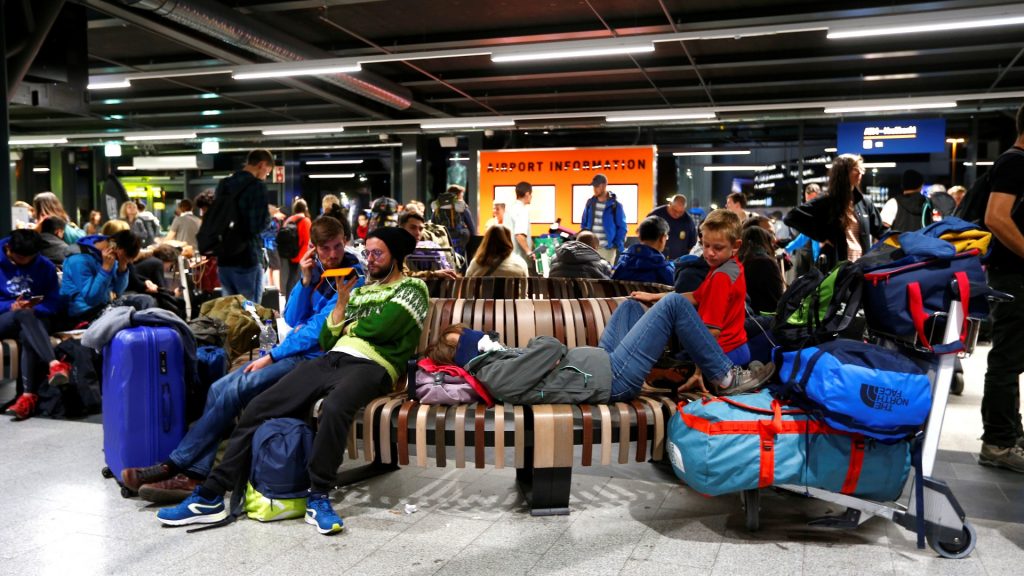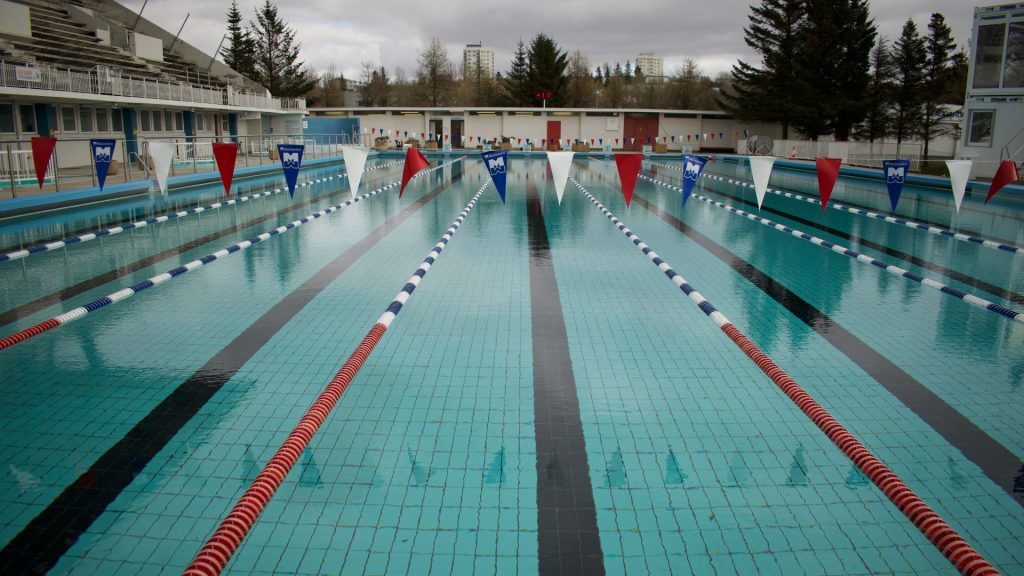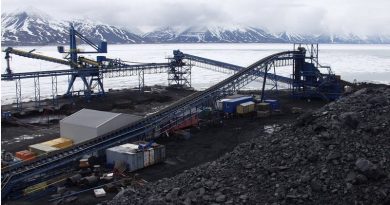Iceland to continue double screening for COVID-19 until December 1

With an increasing number of COVID-19 cases in Iceland over the last two weeks, Iceland has moved to prolong its double-testing regime for travellers until December 1.
The government says it will continue to monitor developments and impose additional restrictions if necessary.
“Protecting the health and well-being of our people and protecting the capacity of our healthcare infrastructure remains our number one priority here in Iceland,” Iceland’s Prime Minister Katrinbsdottir said in a news release on Wednesday.
“However, being an island, Iceland remains dependent on having an active interaction with other nations and having access to international markets so our aim is clearly to return to normality when it comes to international travel.”
Iceland’s double testing regime has been in place since August 19.

(Michaela Rehle/Reuters)
Travellers arriving in the country are given the option of a 14-day quarantine or undergoing a double-testing regime, with one test upon arrival and then a 5 to 6 day quarantine at which point a second COVID-19 test would be done to rule out initial false negatives.
Stricter COVID rules for capital area
Also on Wednesday, COVID-19 rules were tightened in the Reykjavik capital area.
The new measures apply to Reykjavik and the nearby towns and municipalities of Mosfellsbaer, Hafnarfjordur, Gardabaer, Kopavogur, Kjosarhreppur and Seltjarnarnes.

Among the new measures in place in the Reykjavik capital area:
- two-metre distances must be observed
- face masks required in shops when a two-metre distance cannot be observed
- swimming pools closed
- no indoor sports
- performing arts venues may not seat more than 20 people. Audience members must wear face masks
- restaurants must close at 9pm
Earlier on October 4, Iceland reduced the permitted size of gatherings to 20 people. Fitness centres, bars, night clubs and gaming establishments were also closed.
As of Wednesday, Iceland has had 3,172 confirmed cases of COVID-19 and 10 deaths since the pandemic began. Health authorities are reporting 181.6 domestic infections per 100,000 people over the last 14 days.
Write to Eilís Quinn at eilis.quinn(at)cbc.ca
Related stories from around the North:
Canada: Chamber of Commerce in Canada’s Northwest Territories balks at price tag for new COVID-19 secretariat, CBC News
Finland: Finnair to end flights to five regional airports, including to Kemi, Lapland, Yle News
Denmark: Faroe Islands updates COVID-19 guidelines for travellers, Eye on the Arctic
Greenland: Greenland approves revised COVID-19 strategy, Eye on the Arctic
Iceland: Iceland extends bar, nightclub COVID-19 closures in capital area until September 27, Eye on the Arctic
Norway: Norwegians with Swedish property threaten legal action over travel restrictions, Radio Sweden
Sweden: Finland, UK to remove travel restrictions on Sweden, Radio Sweden
United States: To stop coronavirus, Arctic communities took matters into their own hands. Can it last?, Blog by Mia Bennett



